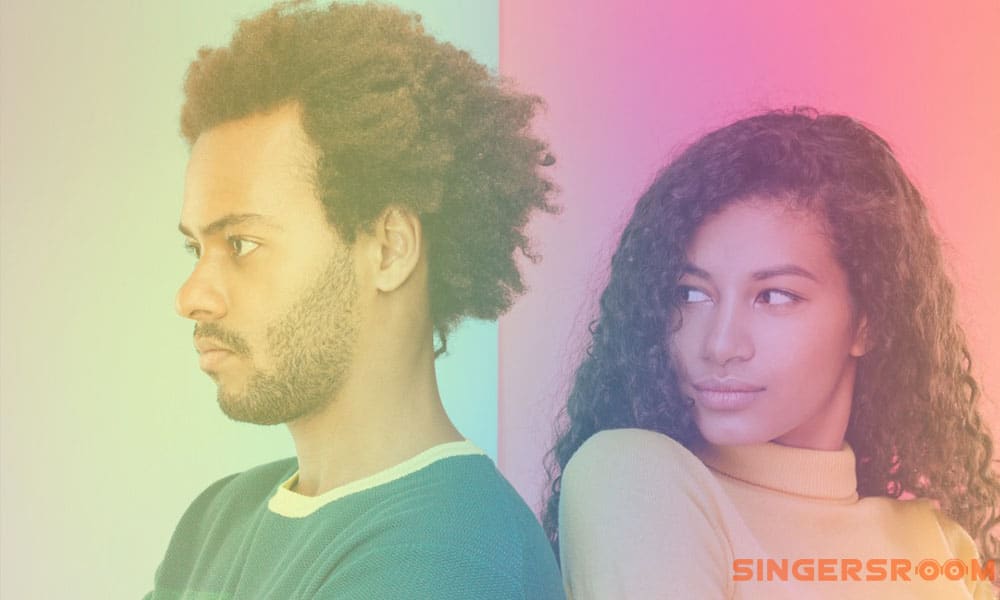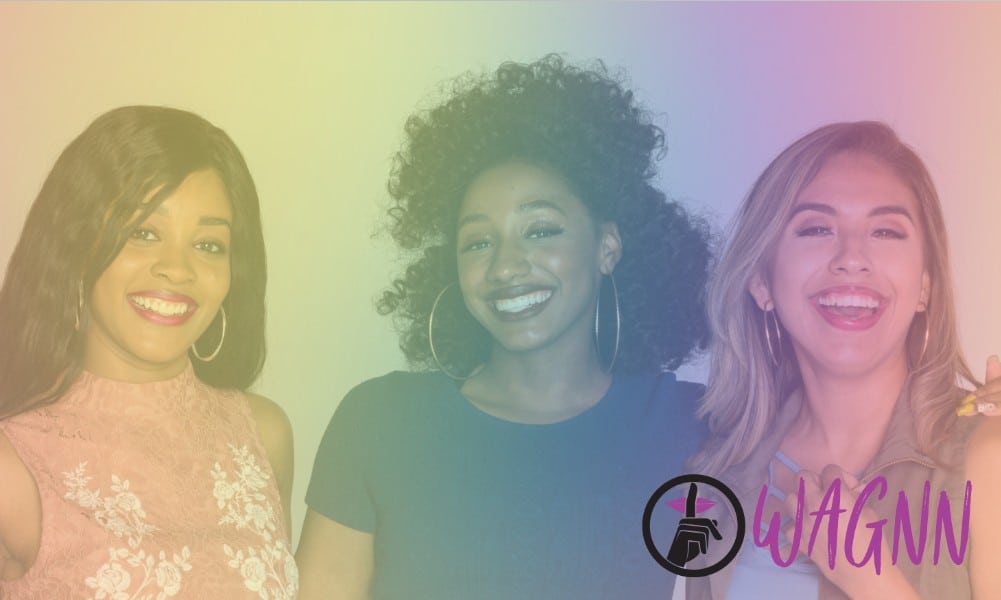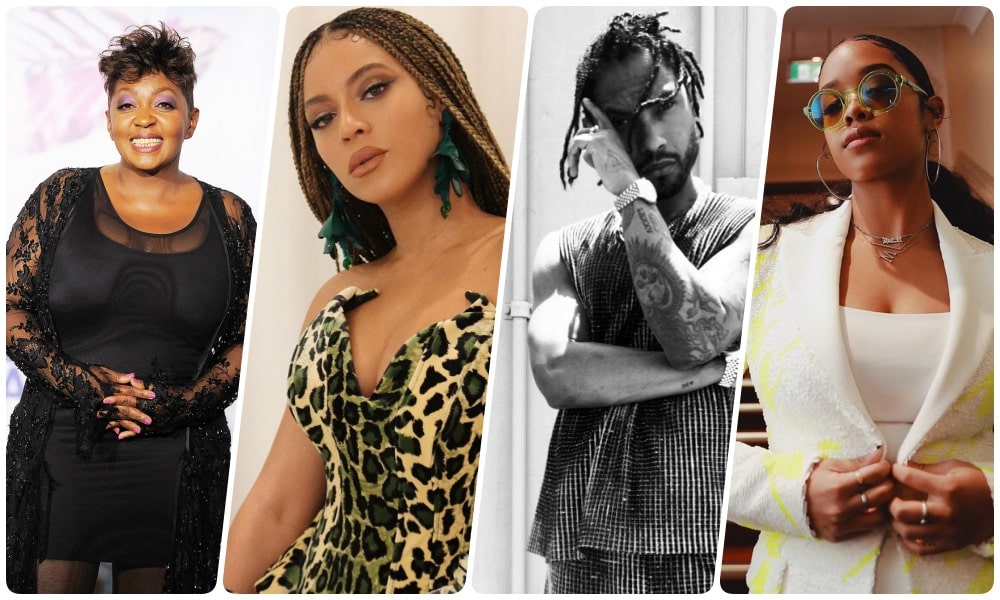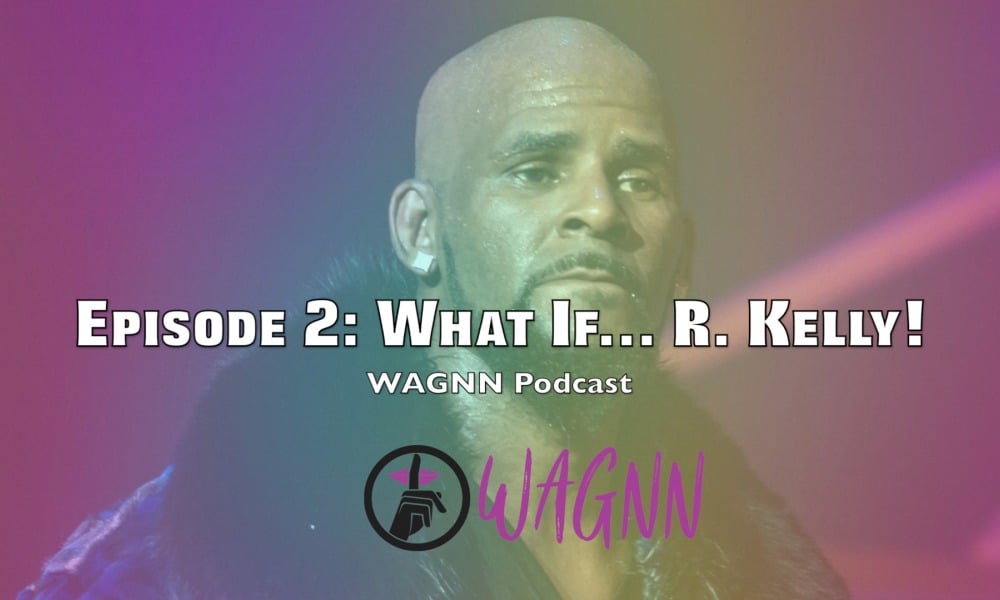With the release of last month's "ARTPOP", Lady Gaga ventured into fan interaction territory that few others have dared to brave: mobile applications (or apps for short). In light of album sales at a disappointing slump at the moment, popular artists and their labels are constantly attempting new methods with which to reinvigorate the music market. Considering the labeling of the millennial generation audience as being rather un-involved in music, it's no wonder labels are jumping through hoops in attempts to garner audience attention for longer periods of time. Gaga is the latest of these music heavyweights to utilize app technology. Her "ARTPOP" app, which is available to download on both Android and iOS devices, was released in an effort to celebrate the release of her third album. The app allows users and self proclaimed "little monsters" to build their own "aura" and interact with other fans while listening to the "ARTPOP" album. Fans have responded positively to the ideas and ambition behind this app, which is where the project excels. Sadly, the follow-through isn't as fantastic. Gaga's new software program faced multiple problems, all stemming from technological glitches.
However, Gaga's app isn't the only one to face troubles upon arrival. The pursuit of music as a more alluring and engaging experience has also caused Forbes Cash King Jay Z to experiment with the format as well. The newly de-hyphenated rapper famously sold a million copies of "Magna Carta Holy Grail" to Samsung before it was available for mass consumption. Samsung in turn distributed the album for free on a mobile app exclusively for Samsung Galaxy owners. The album, which was supposed to be available for download immediately at midnight on the 4th of July, was plagued by software issues. It took multiple hours for fans to get their download versions of the album. The midnight release ended up being remembered as a sloppy ordeal by many, including the fans.
J. Cole also participated in the craze for his "Born Sinner" LP. The young MC released an application which allowed users in certain locations to stream his album before its official debut. This method faced far less problems than the previously aforementioned programs (which is probably due to the smaller of fan users compared to Jay Z and Gaga).
The Black Eyed Peas were notably unsuccessful with their 360 app, which basically used the camera function of any mobile device to place an animated version of the peas before the user. Nicki Minaj attempted to take a bite out of the app industry with the release of her "Nictionary", which gave definitions to absurd and cooky words that only a true "barb" would know. Snoop Lion fans will be happy to know that there is a "Snoopify" app that adds weed culture related touch-ups to any personal photos.
What's important to note is the fact that the apps, which seem to do best, are often ones that allow exclusive content related directly to new music. Jay Z, Gaga, and J. Cole got it right on that level. Surely the other apps are intriguing, but don't expect any kind of memorable success with the projects if they don't give users access to exclusive music content. Otherwise, leave the music apps to Tap Tap Revenge.
By Jose Cadena
Are you a musician struggling to keep up with the latest technology trends? Are you unsure whether music-related apps are worth your time and money? With so many options available on the market, it can be overwhelming to decide which tools will truly benefit your craft.
In this article, we’ll explore the pros and cons of using music-related apps as a musician, helping you find the right balance between technology and creativity.
On one hand, music-related apps offer countless benefits for musicians. They can help with everything from songwriting to live performance, providing access to a wealth of resources at your fingertips. However, there is also a risk of becoming too reliant on technology – potentially sacrificing genuine creativity in favor of quick fixes and shortcuts.
By examining both sides of the argument, we hope to help you make an informed decision about incorporating music-related apps into your creative process.
Pros and Cons of Music-Related Apps for Musicians
You’ll find that using music-related apps can be both helpful and challenging for your career as a musician.
On the one hand, there are apps that can help you with everything from songwriting to booking gigs. For example, there are apps that allow you to record and organize your ideas, collaborate with other musicians remotely, and even promote your music through social media channels. These tools can save you time and make it easier to stay organized.
On the other hand, relying too heavily on apps can also have its downsides. Some musicians argue that relying on technology takes away from the essence of creating music. Additionally, not all apps are created equal – some may be poorly designed or have limited functionality. It’s important to do your research before committing to any particular app.
Ultimately, whether or not using music-related apps is worth it depends on your personal preferences and goals as a musician. If you’re someone who values efficiency and organization in their creative process, then utilizing these tools could help take your career to the next level. However, if you prefer a more organic approach to making music or feel overwhelmed by technology, then sticking to traditional methods may be more suitable for you.
Finding the Right Balance Between Technology and Creativity in Music
Striking a balance between technology and creativity can be tricky, but it’s crucial for today’s musicians to stay relevant and authentic. With the rise of music-related apps, it’s easy to become dependent on technology for everything from songwriting to promotion. However, relying solely on these tools can stifle creativity and lead to an overproduced sound that lacks authenticity.
On the other hand, completely shunning technology in favor of a more traditional approach can also be limiting. Technology has opened up new avenues for collaboration, production, and distribution that were previously unavailable. By embracing these advancements while still maintaining a focus on creative expression, musicians can achieve a unique sound that stands out in today’s crowded market.
The key is finding the right balance between using technology as a tool and using it as a crutch. Don’t let apps dictate your creative process or become the sole source of inspiration – use them as resources to enhance your vision.
Remember that at its core, music is about telling stories and connecting with listeners on an emotional level. As long as you stay true to yourself and your artistic vision, incorporating technology into your musical journey can help you reach new heights of success while staying true to your roots.
Conclusion
So, is using music-related apps a waste or worth it for musicians? The answer isn’t so simple.
On one hand, these apps can provide helpful tools in the creative process and assist with tasks like tuning and recording.
On the other hand, relying too heavily on technology can stifle creativity and limit musical expression.
Ultimately, finding the right balance between technology and creativity is key.
As a musician, it’s important to explore different tools and resources but also be mindful of how they’re being used.
Don’t let technology overshadow your own unique voice and style as an artist.
Remember that at the end of the day, it’s about creating something meaningful and authentic through your music.
Since 2005, Singersroom has been the voice of R&B around the world. Connect with us via social media below.








